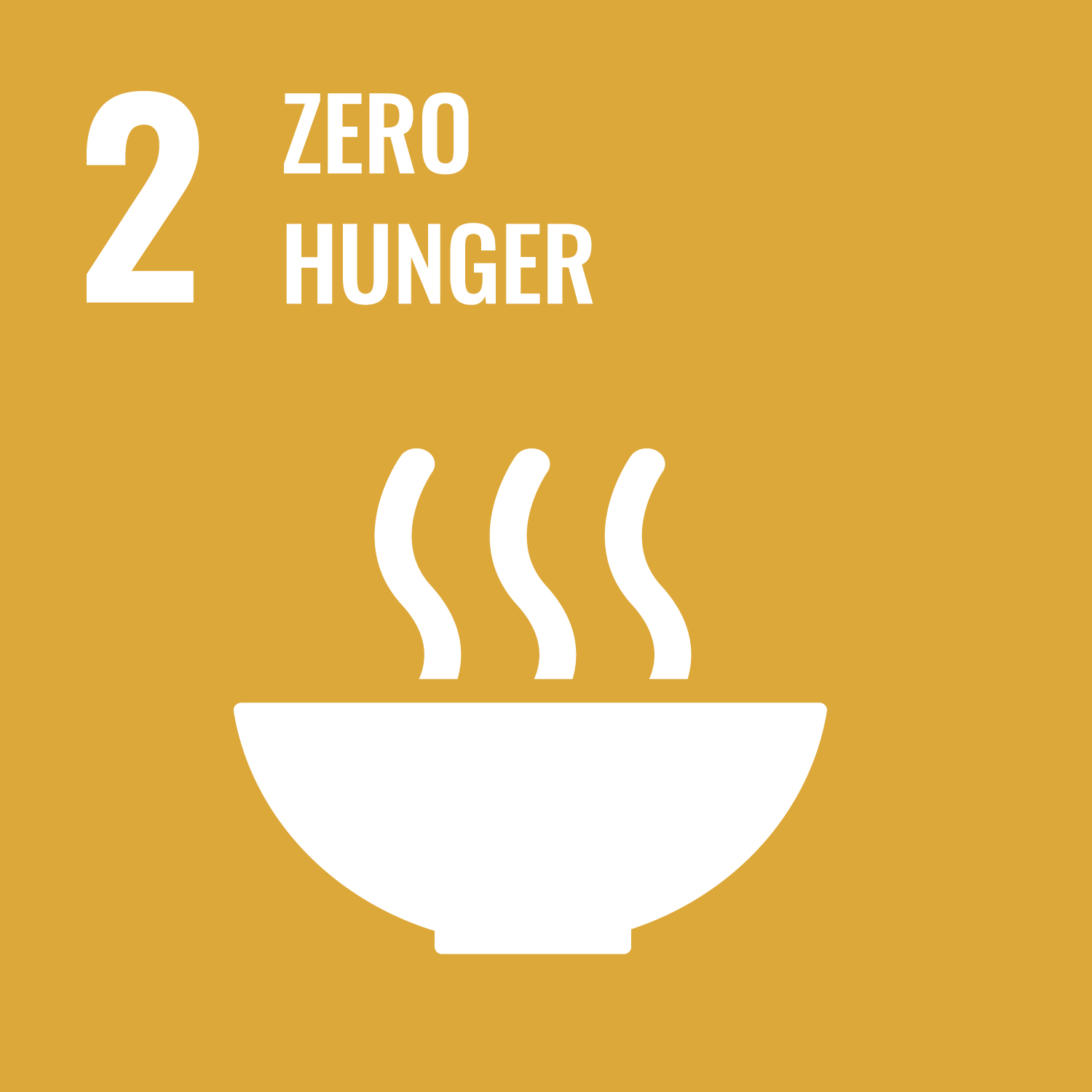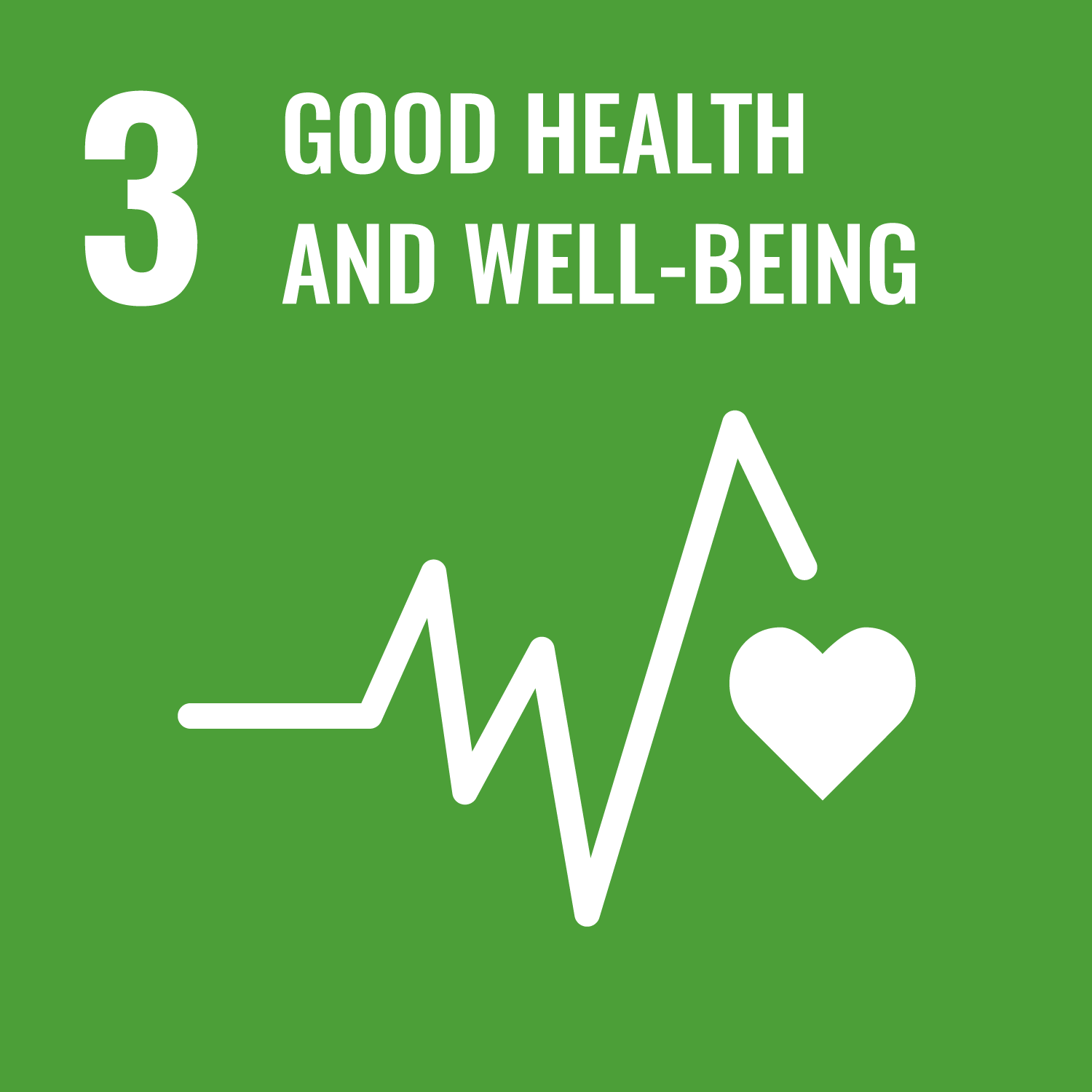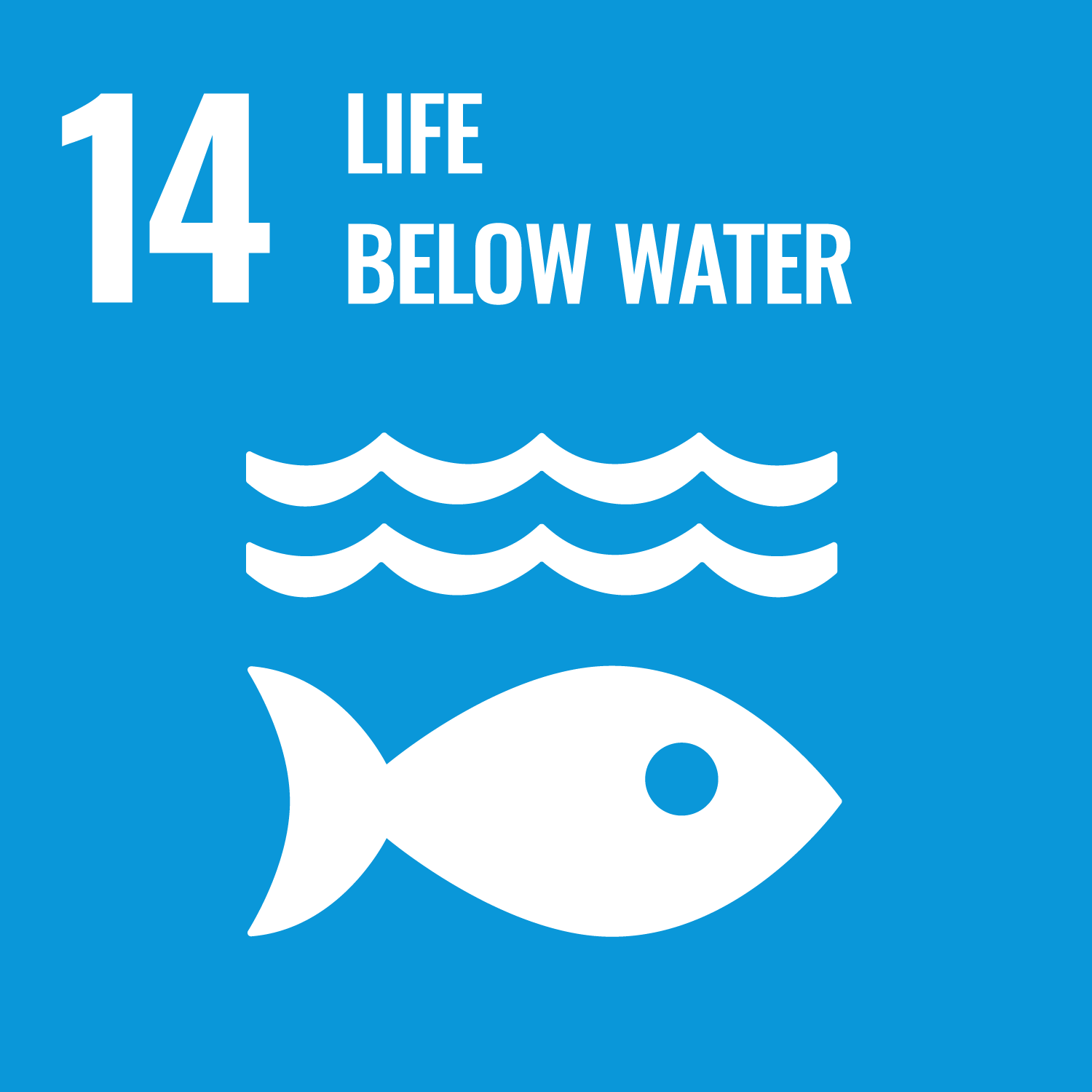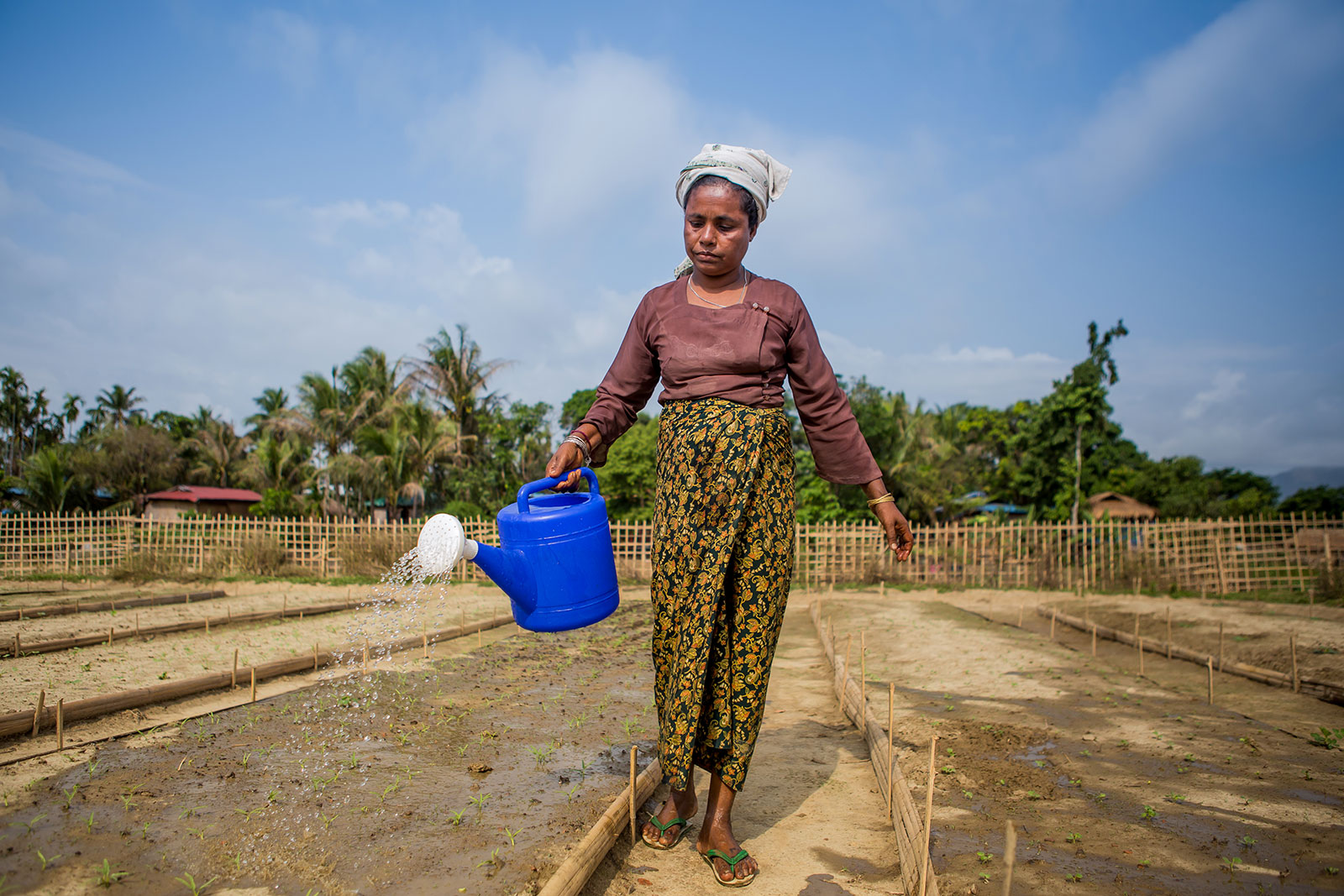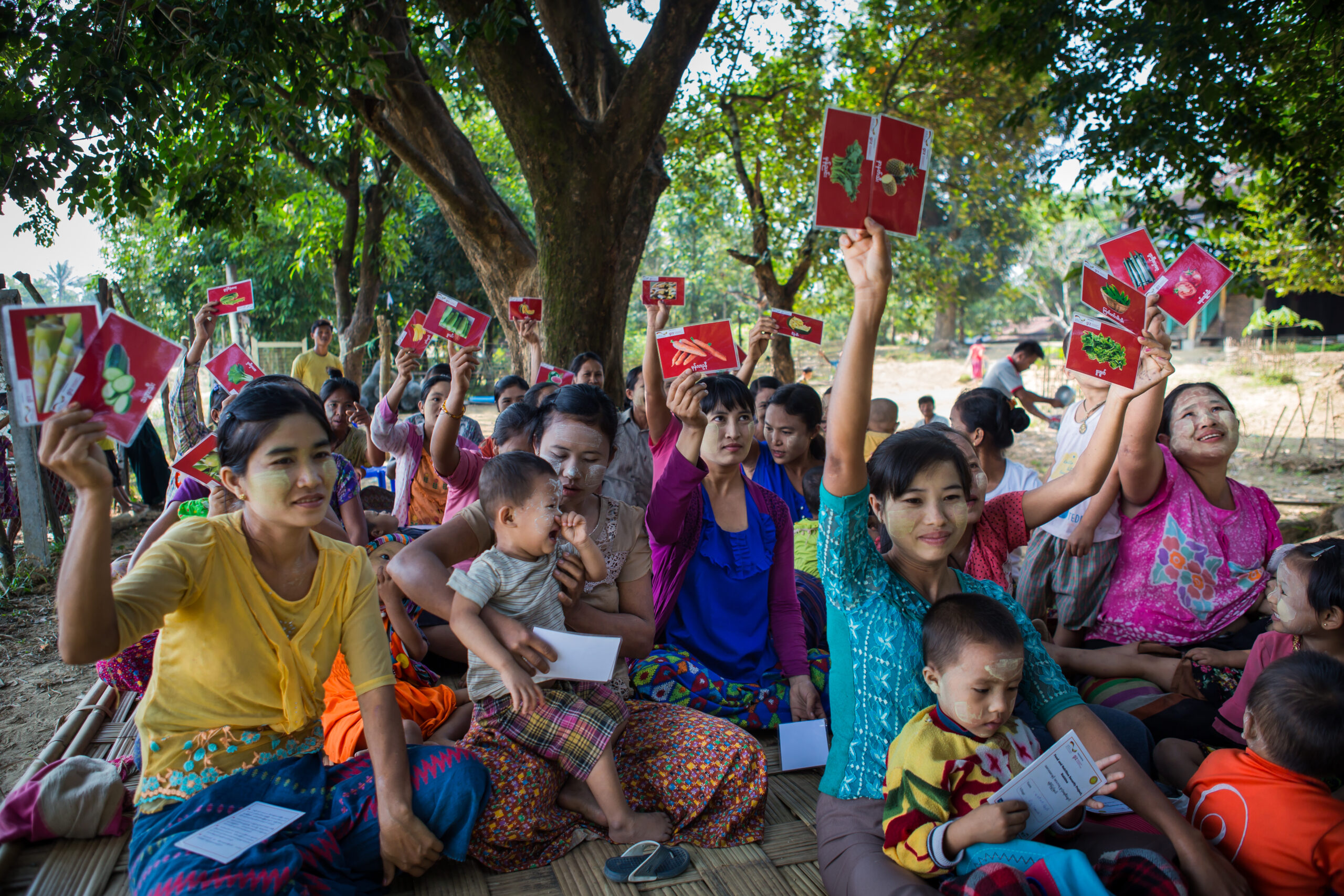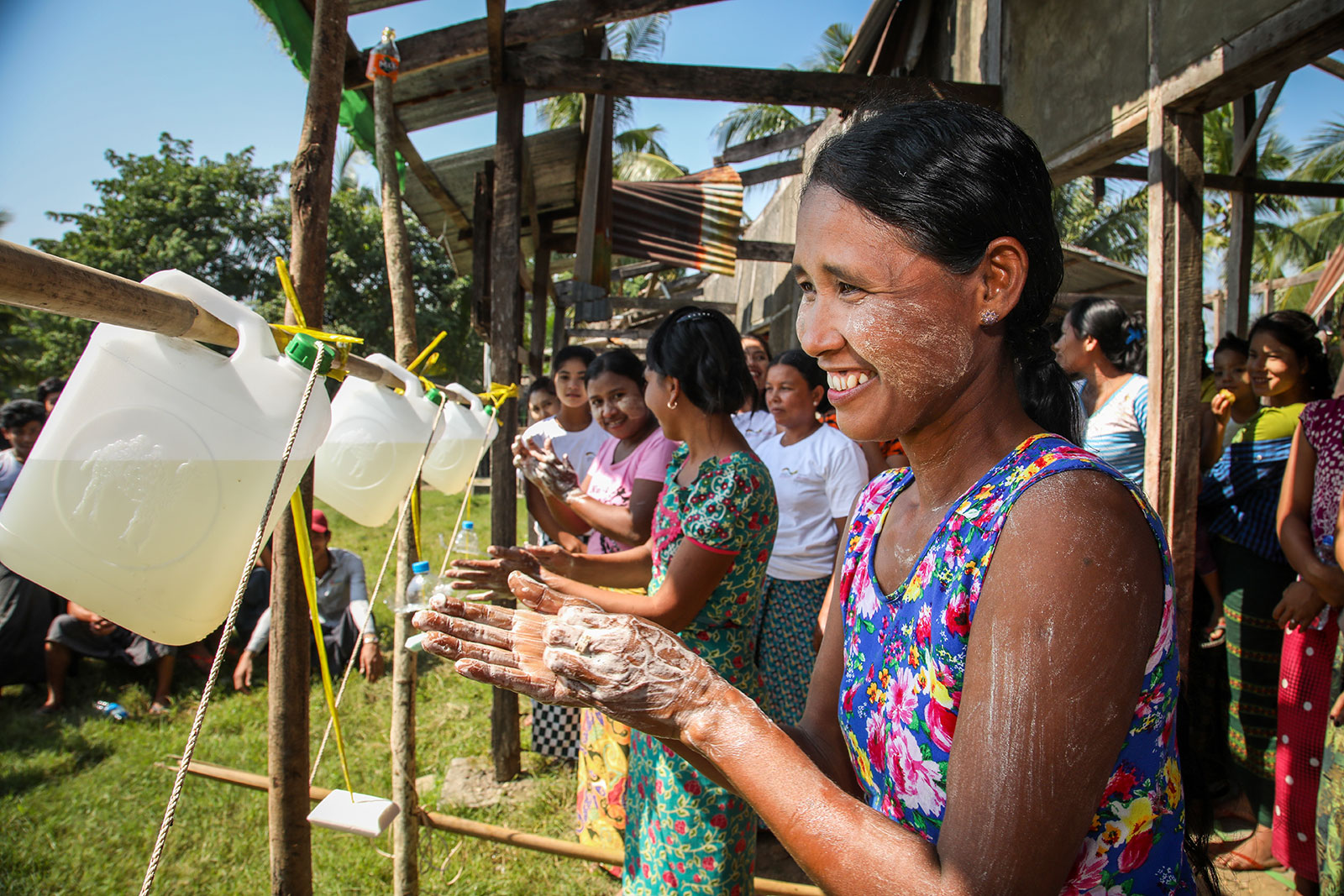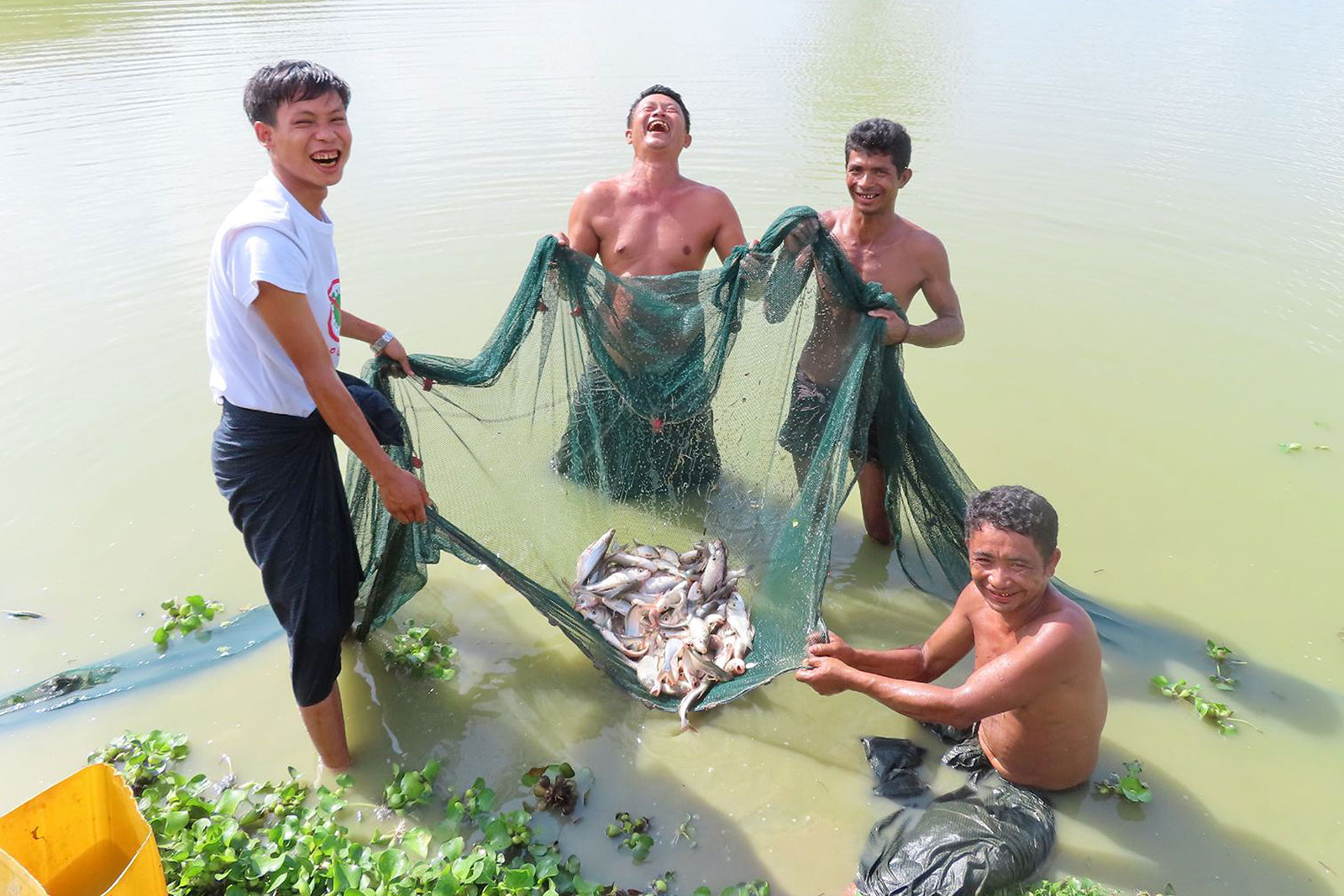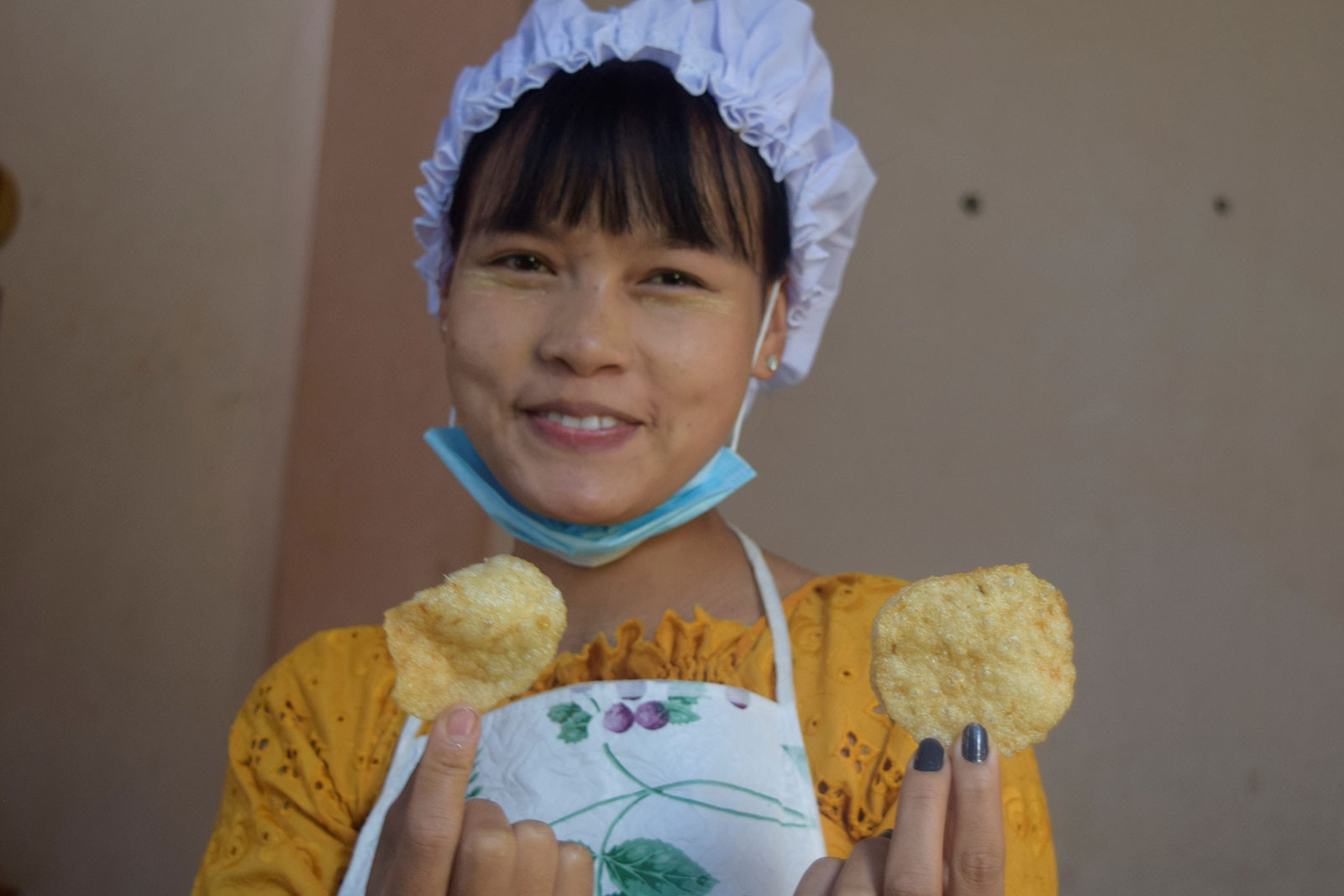Food and Nutrition Security Project in Rakhine State (FNS-R)

OBJECTIVES
To improve the dietary and hygiene practices of people in selected regions of Rakhine State, particularly among women between 15 and 49 and children between 6 and 23 months.
To support the sustainable intensification of the aquaculture sector, realizing its potential for food security, nutrition, and livelihoods.
DESCRIPTION
Food insecurity and malnutrition remain a challenge for the poorest and most vulnerable people in rural areas in the Rakhine State, western part of Myanmar. Which is one of the least developed regions with high rates of poverty. Among the most affected are women and children with a high malnutrition and child mortality rate.
Low dietary diversity, inadequate hygiene practices and limited access to basic health services are amongst the main causes for malnutrition. In addition, poor income opportunities, difficult access to markets, frequent natural disasters, and political unrest hamper improvements towards Food and Nutrition Security.
Early childhood nutrition, especially during the first 1000 days (from conception until the age of two), has crucial long-term consequences on cognitive outcomes, educational attainment, adult earnings, chronic morbidity, and premature adult mortality.
Hence, efforts to improve the nutritional status of adolescent girls, women and young children are vital to ensuring long-term national development. Better nutrition will result in improved intellectual capacity, greater economic productivity, and lowered risk of noncommunicable diseases of the target communities.
APPROACH/FIELD OF INTERVENTION
- Nutrition and nutrition relevant basic health services
- Diversification of Food Production/ Agriculture
- Drinking water and Hygiene Practices (WASH)
- Sustainable aquaculture
TARGETED BENEFICIARIES
HIGHLIGHT ACTIVITIES
- Nutrition and nutrition relevant basic health services
- Supported Basic Health facilities (construct newly health centre and renovation of health centre) and standardized medical equipment to basic health centre
- Supported on capacity building for Basic Health Staff and Axillary Midwife on Nutrition-relevant aspects
- Developed behaviour change manuals & others relevant IEC materials and conducted awareness session & Campaign at community level by using them
- Conducted community theatre play as an innovative communication approach
- Diversification of Food Production/ Agriculture
- Conducted fruit tree campaign and fruit tree support to beneficiaries
- Conducted Home Gardening Training with five color approach
- Provision of five colour vegetable seed kits and established demonstration plots
- Provision of five variety of nutrition special plants
- Conducted Biofertilizer Production training and self-production
- Conducted mushroom production and self-production farmers
- Drinking water and Hygiene Practices (WASH)
- Supported community water infrastructure & water supply systems (pond fencing, renovation, new pond construction, etc.
- Supported water filters to access safe drinking water.
- Supported communal handwashing stations
- Supported household latrine
- Developed WASH behaviour change manuals & others relevant WASH IEC materials and conducted awareness session & Campaign at community level by using them
- WASH in school activities
- Sustainable aquaculture
- Enhanced sustainable aquaculture production methods in 3 selected townships through capacity development such as training, workshops along the production cycle
- Trained to improve food hygiene awareness in post-harvest practices for fishery products processing and development of value-added products
- Establishment of mangrove friendly aquaculture plots and provision of small-scale feed production mills and smoking facilities for aquaculture farmers
- Educate communities members on nutrition awareness sessions to have better access to aquatic protein and improve awareness on healthy diets
PUBLICATIONS
- Factsheet – Food and Nutrition Security in Rakhine State
- Processing and Value Addition of Fishery Products
- Mangrove Friendly Aquaculture
- Small Scale Vegetable Production with 5 Color Approach, Nutrition Plant Growing, Innovative Gardening and Fruit Tree Growing Facilitator’s Manual
VIDEO
SUCCESS STORIES
Gender-sensitive aquaculture in Rakhine State: A story of Daw Hla Than
Rakhine State, located on the western coast of Myanmar, is home to approximately 3.3 million people and most of them depend on agriculture, fisheries, and aquaculture to make a living. Unfortunately, the entire aquaculture sector is in a state of insufficiency in general, due to repeated outbreaks of armed conflicts and intercommunal violence since 2012 which has further destabilized a fragile country and exacerbated existing vulnerabilities.
Fishponds are poorly managed and even lie fallow. Not only is there a lack of sustainable management knowledge, sufficient inputs, technology and financial support and market linkages, but certain hygiene and processing techniques are unknown which lead to a high loss rate and the local fish production falls far short of its potential to supply the local population with fish protein.
In August 2021, “the Food and Nutrition Security Project in Rakhine State” (FNS-R) funded by the BMZ and the EU, aiming at poverty reduction and improving the nutritional status of the local population through sustainable aquaculture started its activities in the field of small-scale aquaculture. The project intervention has skills training programs together with technology transfer and supporting necessary aquaculture inputs.
Farm work in aquaculture is still a male-dominated business, while fish processing and sales are often done by women. But Daw Hla Than has decided to take up both.
“I transformed my unused pond and stocked 7500 Rohu seeds provided by FNS-Project. Because now I learned how to culture fishes, and pond management techniques from the project. The following harvesting season, I will have fish for my family and may earn around 500 USD from this pond. Although I am a woman in the fishery business, I gained confidence by the project, and I can do well as the man does. I am also have been trained in value added fishery products production, like fish cracker, dry fish, and smoked fish etc. We are building up a small association with linkages to suppliers, we are confident that we take care of our ponds in future, so we have a constant additional income.”
COUNTRY
Myanmar
DURATION
2016 - 2023
Commission Agency
BMUV EU
SDG
